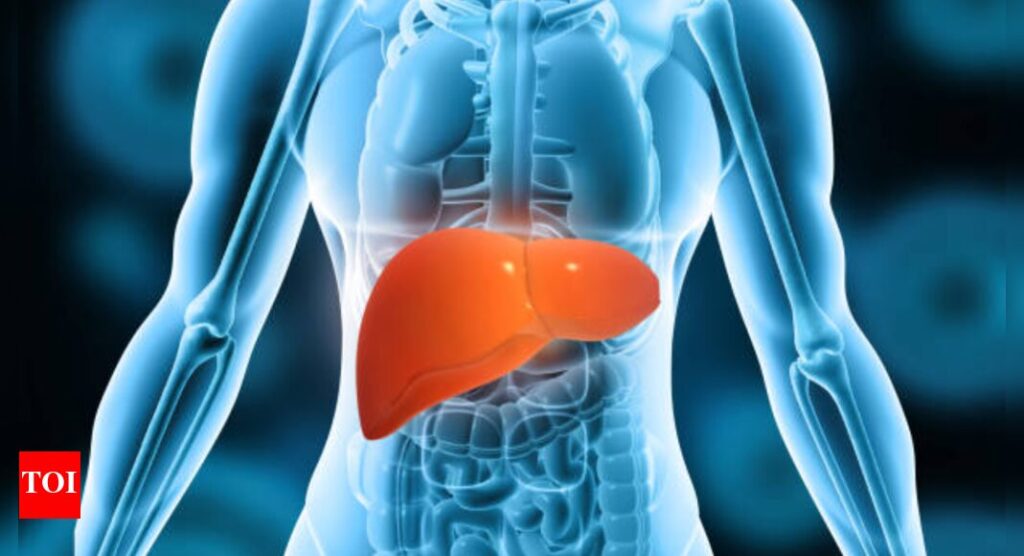“`html
Ashwagandha: Common Herbal Supplement Used to Beat Stress Linked to Liver Toxicity
By Qalitex | ISO 17025 Accredited Analytical and Microbiology Lab | Irvine, California
Introduction
Ashwagandha (Withania somnifera) is one of the most renowned herbal supplements globally, frequently utilized for its reputed stress-relief and adaptogenic properties. However, recent medical reports and research spotlight emerging concerns about potential liver toxicity associated with its intake. This evolving issue underscores the critical need for rigorous ISO 17025 accredited testing laboratory services to ensure safety, potency, and regulatory compliance of Ashwagandha-based products.
Understanding Ashwagandha and its Popularity
As a herbal supplement, Ashwagandha has gained immense popularity across stress-management, sleep-improvement, and cognitive function markets. Consumers often seek these natural supplements as alternatives to pharmaceuticals. According to a recent Times of India report, caution is warranted due to reported cases of hepatotoxicity (liver damage), a serious adverse effect that demands attention from manufacturers and regulators alike.
Liver Toxicity Concerns Linked to Ashwagandha
Numerous case studies have flagged liver injury in some individuals consuming Ashwagandha supplements, raising concerns about quality control, ingredient adulteration, or natural compound toxicity when improperly dosed. Symptoms may include jaundice, fatigue, and elevated liver enzymes, leading to a critical call for enhanced regulatory compliance lab services and surveillance.
These findings underscore the importance of third-party Certificate of Analysis (CoA) testing as a guarantee of purity, absence of contaminants such as heavy metals, and dose consistency.
Ensuring Safety and Compliance with Qalitex Laboratory Services
Based in Irvine, California, Qalitex offers comprehensive ISO 17025 accredited product testing designed specifically for dietary supplements like Ashwagandha. With full analytical chemistry lab testing and expert microbiology testing services, Qalitex validates product claims while identifying harmful contaminants.
Key core lab services supporting Ashwagandha supplement quality include:
- Heavy metal analysis for supplements to detect toxins such as lead, mercury, and arsenic.
- Shelf-life and stability studies to confirm product integrity over time.
- Method development and validation lab ensuring robust analytical procedures with USP AOAC validated methods.
These scientific safeguards make Qalitex a one-stop quality-control partner, especially vital for supplement brands targeting the Southern California market and beyond.
Why Manufacturers and Consumers Need Accreditation & Compliance
Regulatory bodies increasingly demand FDA compliant product testing that aligns with international and domestic standards. Choosing an ISO 17025 accredited testing laboratory like Qalitex ensures that testing methods and results are reliable, repeatable, and legally defensible.
Thus, supplement companies using Ashwagandha can both assure customer safety and strengthen market trust by leveraging certificate of analysis (CoA) testing and transparent quality validation.
Frequently Asked Questions (FAQ)
- What are the risks of liver toxicity connected with Ashwagandha supplements?
- Some Ashwagandha products have been linked to liver injury cases, potentially due to contamination, improper dosing, or natural bioactive compounds affecting liver function. It is important to verify purity and dosage with analytical chemistry lab testing before consumption.
- How can Qalitex’s ISO 17025 accreditation benefit Ashwagandha supplement manufacturers?
- Qalitex’s ISO 17025 accreditation ensures that the test methods used for Ashwagandha products are scientifically valid, accurate, and compliant with global standards, facilitating FDA and international regulatory approvals.
- Why is heavy metal analysis crucial for Ashwagandha herbal supplements?
- Herbal supplements may accumulate heavy metals from soil contamination. Qalitex provides sensitive heavy metal testing to detect and quantify contaminants like lead and mercury, essential for consumer safety and compliance.
- What type of microbiology testing does Qalitex offer for Ashwagandha products?
- Qalitex performs microbiology testing services to check for harmful pathogens such as Salmonella, E. coli, and molds, ensuring product safety and shelf stability.
- How do shelf-life and stability studies from Qalitex support Ashwagandha product quality?
- These studies determine how Ashwagandha supplements retain potency and safety over time under varied storage conditions, informing packaging and expiration dating critical for consumer trust.
- What is the importance of method development and validation in Ashwagandha testing?
- Qalitex’s method development and validation lab crafts optimized testing protocols to accurately measure active compounds and detect impurities, using USP AOAC validated methods, enhancing consistency and regulatory acceptance.
“`





